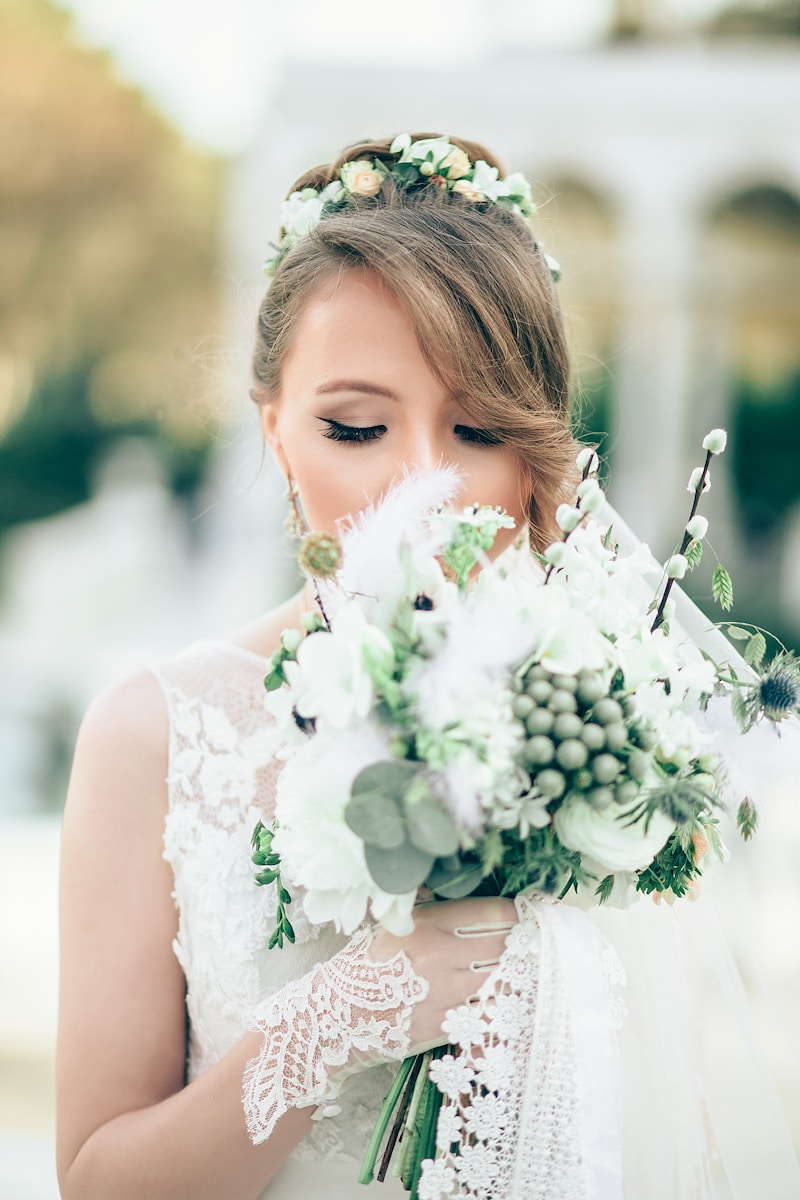Exploring Religious Influences on Wedding Ceremonies
Introduction
The tapestry of wedding ceremonies around the world is intricately woven with various religious influences that shape their traditions, rituals, and significance. Each religion imbues its ceremonies with unique cultural aspects, values, and spiritual connections. In this article, we will delve into the religious influences on wedding ceremonies, exploring how different faiths impact the way couples unite and celebrate their love. This exploration will not only highlight specific traditions but also address common queries surrounding this fascinating subject.
Understanding the Significance of Weddings
Weddings are often seen as a public declaration of love, commitment, and partnership. They serve to connect families and communities, and the influence of religion can enhance this significance. The role religious beliefs play in wedding ceremonies is paramount, as they dictate not just the rituals but also the underlying values of the union. Here, we outline how different faiths contribute to the wedding experience.
Christian Wedding Ceremonies
In Christian traditions, weddings often emphasize the sanctity of marriage as a covenant between the couple and God. A typical Christian wedding ceremony includes:
| Ritual | Description |
| Vows | Couples recite vows, promising to love and honor each other for life. |
| Ring Exchange | Rings symbolize eternal love and commitment. |
| Unity Candle | A candle lit together represents the joining of two lives into one. |
| Religious Blessings | Clergy often blesses the couple, invoking God’s approval. |
These rituals reflect the Christian values of fidelity, faith, and the divine nature of marriage.
Hindu Wedding Ceremonies
Hindu weddings, known as 'Vivah', are elaborate celebrations that can last several days. They include numerous customs that signify different aspects of life and the spiritual union of two souls. Here are key elements:
| Ritual | Description |
| Pre-Wedding Rituals | Includes ceremonies like Mehendi (henna application) and Sangeet (musical celebration). |
| Saat Phère | The couple circles a sacred fire seven times, each round signifying a pledge. |
| Ashirwad | Blessings from elders, ensuring their support and goodwill. |
| Post-Wedding Rituals | Includes Griha Pravesh (welcoming the bride into the groom's home). |
The rituals of a Hindu wedding emphasize the spiritual aspects of marriage, focusing heavily on familial bonds and divine blessings.
Islamic Wedding Ceremonies
In Islam, the wedding ceremony, known as 'Nikah', underscores the contract between the bride and groom, highlighting mutual consent and responsibilities. Key components include:
| Ritual | Description |
| Ijab Qabul | Formal acceptance of the marriage proposal by both parties. |
| Mahr | A mandatory gift from the groom to the bride, representing respect and honor. |
| Walima | A feast celebrating the marriage, inviting family and friends. |
| Prayer | A prayer recited for blessings upon the couple. |
The Islamic wedding ceremony thus combines cultural elements with a focused recognition of rights, duties, and the blessings of Allah.
Jewish Wedding Ceremonies
Jewish weddings, rich with religious traditions, often take place under the Chuppah, a canopy symbolizing the home the couple will create together. Important elements include:
| Ritual | Description |
| Ketubah | The marriage contract detailing the husband’s responsibilities to his wife. |
| Circling | The bride circles the groom several times, symbolizing unity and creation of a home. |
| Breaking of the Glass | Represents the fragility of relationships and the importance of joy and sorrow in life. |
| Sheva Brachot | Seven blessings recited to honor and bless the couple. |
Jewish weddings underline the importance of community and tradition, honoring the past while celebrating new beginnings.
Religious Influences Around the World
While the above descriptions cover some of the major religious influences on weddings, many cultures incorporate unique adaptations based on their beliefs.  Elements such as music, attire, and food can also be influenced by religion. Considering this diversity, couples often seek guidance on how to blend these traditions in a multicultural environment. Here are some common questions couples have:
Elements such as music, attire, and food can also be influenced by religion. Considering this diversity, couples often seek guidance on how to blend these traditions in a multicultural environment. Here are some common questions couples have:
How Can Couples Merge Different Religious Traditions in Their Wedding?
Couples from different religious backgrounds can create personalized ceremonies that incorporate elements from both traditions. This can include finding common values, such as love and commitment, and incorporating them into the ceremony through rituals, readings, or prayers from each faith.
What Should Guests Expect at a Religious Wedding Ceremony?
Guests might notice varied attire, music, and participation expectations depending on the religious affiliation of the couple. It's advisable for guests to be respectful and familiarize themselves with any traditions specific to that religion prior to attending.
Can Religious Weddings Be Non-Religious?
Yes, many couples choose to have a non-religious ceremony even if they have a religious background. This “civil” union often focuses on personal commitments and can still respect cultural traditions without a religious framework.
Conclusion
The intricate web of religious influences on wedding ceremonies showcases the beauty and diversity of human affection and commitment. Whether it's through the vows exchanged in a Christian ceremony, the sacred fire of a Hindu wedding, the solemnity of an Islamic Nikah, or the traditions of a Jewish ceremony, religious beliefs provide a rich backdrop to the celebration of love. Couples should consider their unique backgrounds and beliefs when planning their ceremonies, blending elements in ways that honor both traditions. As we have explored throughout this article, understanding these influences empowers couples to create a wedding that resonates deeply with their values and communities.